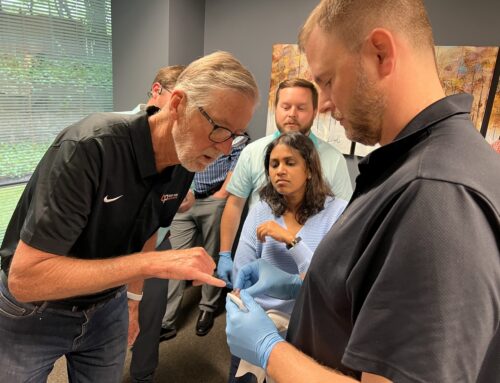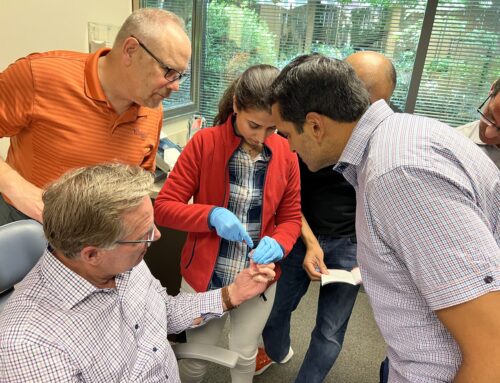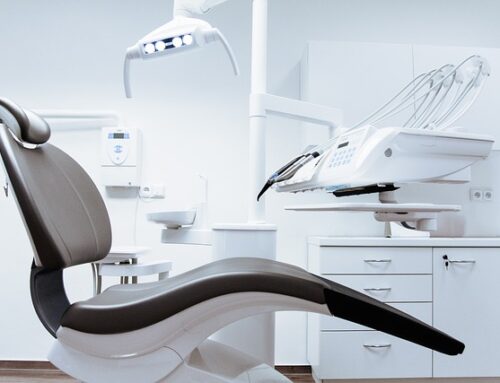General dentists appear to be drawn to dental sleep medicine (DSM) because treating patients with obstructive sleep apnea (OSA) is extremely rewarding. It is also a unique type of medical service that needs to be available.
Unfortunately, though, due to the difficulty of navigating the medical insurance industry, the downward trend of reimbursement rates for oral appliance therapy and the high cost of appliances, many dentists are hesitant to begin a dental sleep medicine practice, according to a commentary published in the Journal of Dental Sleep Medicine (PDF).
The commentary notes that the economic climate faced by dentists who are treating sleep apnea and snoring is most influenced by:
- Medical insurance company polices for providers and policy holders.
- Access to care by patients.
- The cost of the oral appliance.
“Accepting these three influences is a necessary first step, followed by an understanding that influencing significant change with any of them is nearly impossible,” the commentary says. “What is possible is to develop a practice model that acknowledges the effect of these influences and allows dentists to continue to treat patients with a diagnosis of OSA and grow their DSM practice.”
To help, the commentary focuses on four recommendations for consideration.
Consider a fee-for-service model
The first recommendation is considering a “fee-for-service billing model.” This requires dental practices to complete in-depth analysis of their office costs and the effect of being in-network referrals.
But it is important for dentists to not be under the impression that they must be in-network providers to operate a successful dental sleep medicine practice, says the commentary.
Unbundle billing
For the next recommendation, the commentary suggests unbundling billing. That means dentists should consider adopting an unbundled billing model when they use a fee-for-service model.
“Each service (i.e., screening, testing, fabrication, cost of the appliance, delivery, calibration, follow-up care, etc.) should be charged individually, allowing the patient to better understand the services they receive and the cost for each,” the commentary says.
Increase patient access to oral appliance therapy
The third recommendation is to increase patient access to oral appliance therapy. To ensure that patients have access to oral appliance therapy, the commentary recommends that dentists:
- Order or distribute home sleep apnea tests to patients who are suspected of having sleep apnea or snore, when not prohibited by the state dental board.
- Prescribe oral appliance therapy for patients who have documentation of a physician diagnosis, when not prohibited by the state dental board.
- Share results of therapy with the patient’s medical provider.
- Develop referral relationships with multiple primary care and specialty physicians.
Control costs
And lastly, dentists who are offering dental sleep medicine services should control costs. The commentary notes that to do this, consider taking steps to control the cost of oral appliances that are selected for patients. So, know what you are selecting.






